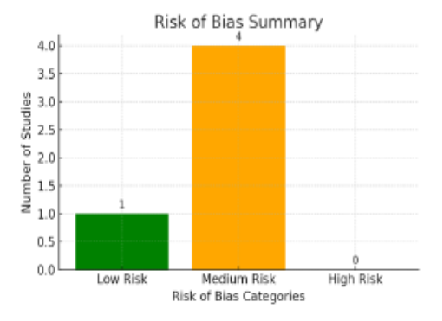


Journal of Pharmaceutical Research
DOI: 10.18579/jopcr/v24.i1.113
Year: 2025, Volume: 24, Issue: 1, Pages: 1-11
Systematic Review
Abdulrahman Abdulazeez1, J Arunkumar2, G Muthukavitha3, Arbind Kumar Choudhary4,∗
1Associate Professor of Pharmacology, Government Medical College & ESI Hospital, Coimbatore, Tamil Nadu, India
2Associate Professor, Department of Pharmacology, K.A.P. Viswanatham Government Medical College, Tiruchirapalli, Tamil Nadu, India
3Associate Professor of Pharmacology, Government Medical College, Nagapattinam, Tamil Nadu, India
4Assistant Professor of Pharmacology, Government Erode Medical College and Hospital, Tamil Nadu, India
*Corresponding Author
Email: [email protected]
The interplay of pharmacogenomics, epigenetics, gut microbiota research, and artificial intelligence (AI) has revolutionized personalized medicine, offering novel approaches to optimize drug action and improve clinical outcomes. However, a comprehensive evaluation of these factors is essential for their effective clinical translation. This systematic review and meta-analysis aim to evaluate the effectiveness of microbiota-targeted therapies and AI-driven diagnostic tools in advancing precision medicine. A systematic search across PubMed, Scopus, and Cochrane Library identified studies published between 2015 and 2024. Eligible studies were critically appraised, and data were synthesized using a random-effects meta-analysis model. Heterogeneity was evaluated using Cochran’s Q and I² statistics, while publication bias was assessed through Egger’s test and funnel plot analysis. From 40 studies included in the qualitative synthesis, 5 were eligible for quantitative meta-analysis. Microbiota-targeted therapies, such as probiotics and fecal microbiota transplants (FMT), significantly improved clinical outcomes in inflammatory bowel disease (pooled effect size = 0.77, 95% CI: 0.71–0.83). AI-based diagnostic tools, including Random Forest and QSAR models, exhibited superior diagnostic accuracy (pooled effect size = 0.87, 95% CI: 0.80–0.94). Subgroup analyses showed higher efficacy for microbiota-targeted therapies in disease-specific populations (pooled effect size = 0.79) compared to general populations (pooled effect size = 0.56). Heterogeneity was substantial (I² = 76.59%), while Egger’s test suggested slight publication bias (intercept = 2.00). Microbiota-targeted therapies and AI technologies hold significant promise for advancing personalized medicine, demonstrating improvements in clinical outcomes and diagnostic accuracy. While these findings highlight their transformative potential, future research must focus on addressing methodological heterogeneity and expanding high-quality primary studies to strengthen the evidence base.
Keywords: Pharmacogenomics, Epigenetics, Gut Microbiota, Artificial Intelligence, Personalized Medicine, Systematic Review, Meta-Analysis
© 2024 Published by Krupanidhi College of Pharmacy. This is an open-access article under the CC BY-NC-ND license (https://creativecommons.org/licenses/by-nc-nd/4.0/)
Subscribe now for latest articles and news.